Lunar New Year in North Korea | What is Seollal (설날)?
North Korea has several major holidays, the most prominent being centered around the birthdays of Kim Il-Sung and Kim Jong-il. But there are some holidays that predate the regime, and continue to be celebrated in both North Korea and South Korea.
Seollal (설날) is one of these traditionally significant days. Known more broadly as Lunar New Year, it marks the first day of the lunar calendar and is observed in many Asian cultures. While January 1st marks New Year’s Day on the Gregorian calendar used by many western countries, the exact date of Lunar New Year differs every year. It typically falls at the end of January or beginning of February, and is celebrated over a period of three days.

Seollal in South Korea
In South Korea, Seollal is a time for families to gather and honor their ancestors. With people across the nation traveling back home, roads are packed and train, bus, and plane tickets are all booked months in advance.
Long hours are spent preparing traditional foods like tteokguk (떡국), or rice cake soup, and jeon (전), a savory pancake-like dish usually made with green onions. The act of eating tteokguk symbolizes turning one year older in Korean, and is believed to bring good luck and health for the year ahead.
Food is also an important component of Charye (차례), a memorial service to honor one’s ancestors. Led by the family’s eldest son, an assortment of dishes are set out on a table as an expression of gratitude, and rites are performed for the last four generations of one’s ancestors.

Another well known Seollal tradition is Sebae (세배). Younger members of the family, often while wearing traditional hanboks (한복), do a deep bow to their elders with the greeting “새해 복 많이 받으세요,” which translates to “May you receive good fortune and blessings in the new year.” In return, elders share words of wisdom and sebaetdon (세뱃돈), new year’s money in a colorful envelope.
The rest of the holiday is usually spent exchanging stories, reflecting on the past year, and playing Korean traditional games like Yutnori (윷놀이), which involves four wooden sticks that are tossed like dice to move tokens around a board.

Seollal in North Korea
In North Korea, the celebration of Seollal is encouraged by the state to emphasize Korean folk traditions. Historical programs are broadcast on TV, and local authorities organize mandatory activities such as kite flying and spinning tops. North Koreans gather with loved ones over the highly anticipated three day rest from work.
But unlike in South Korea, January 1st is actually considered the more important holiday to celebrate the New Year. This is when North Koreans do Sebae. Instead of the South Korean greeting, it’s customary to say “새해를 축하합니다,” or “Congratulations on the new year.”
On New Year’s morning, it is compulsory for all North Koreans to visit statues or portraits of Kim Il-sung and Kim Jong-il. After that, respects must be paid to town leaders, particularly the person in charge of one’s unit, such as the company president or homeroom teacher. Finally, greetings are exchanged between in-laws and neighbors, and families gather for ancestral rites, sharing food, and other traditional festivities.
Another key difference between New Year’s celebrations in North and South Korea is that there is no widespread travel. The lack of freedom of movement inside the country means it is extremely difficult for North Koreans to go from one city to another for any reason. Any requested travel requires a specific stated purpose, proper identification, and documentation that must go through several levels of approval, including from the head of the neighborhood watch (inminban), local People’s Committee, local district office, and a relevant police officer. Permits for restricted areas, such as Pyongyang and the border regions, require more complex issuing processes.
Yet both New Year’s Day and Seollal in North Korea are still celebrations of life and community. Many North Korean refugees fondly remember the holiday, recalling not the state enforced displays of propaganda, but precious time spent with loved ones.
“I grew up with a lot of aunts and uncles and they all lived in the same area, so on Seollal…everyone would get together to make rice cakes, noodles, and dumplings. After making a lot of food, we’d play Yutnori and everyone would start squabbling. Then we’d find out everyone’s fortune. I miss it now.”
- Hannah, escaped from North Korea in 2015

On Seollal, North Koreans don’t do a separate bow because they have already greeted the New Year. Depending on the region, North Koreans enjoy a variety of dishes like tteokguk (떡국), manduguk (만두국), dwejigukbap (돼지국밥), songpyeon (송편), nokdujijim (녹두지짐), and noodles.
“North Korea is a very communal society, so everyone gets together on Lunar New Year. The adults would play card games and Yutnori, we’d eat delicious food, and spend time together until the sun went down. I would wake up especially early to visit the homes of the neighborhood elders and they’d share the food they made with me… Later in the afternoon, I’d go to my homeroom teacher’s house with all my friends, and we’d play there until late in the evening.”
- Yulseong, escaped from North Korea in 2017

All around the world, the New Year is a highly anticipated time of reflection, gratitude, and turning the page. It’s a universal experience, one that is shared with the North Korean people as well!
A North Korean Refugee’s Daring Escape By Boat | Gyuri Kang’s Story
Escaping from inside North Korea remains almost impossible today. Borders remain sealed by the legacy of pandemic-era restrictions, while surveillance in China continues to intensify. But in 2023, a group of North Koreans crossed into South Korean waters on a small fishing boat—a rare and extraordinary way to reach freedom. Abroad the vessel was 22-year-old Gyuri Kang with her mother and aunt.
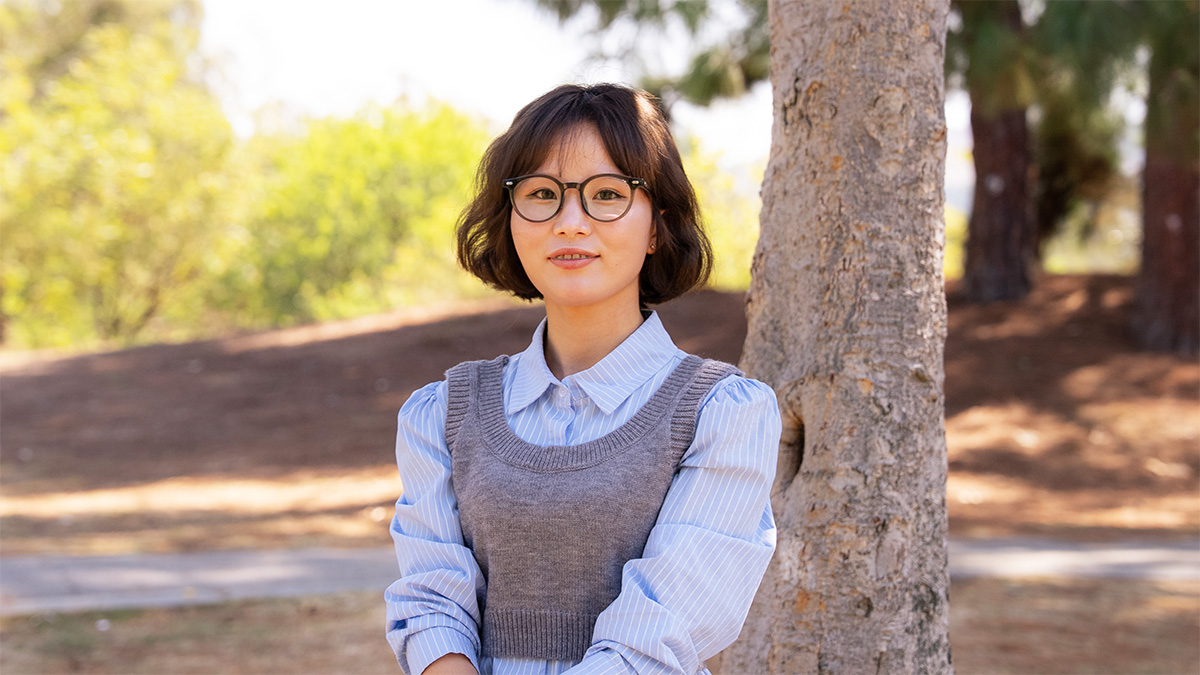
You were never supposed to know my name, see my face, or hear my story. Because I was one of 26 million lives hidden inside North Korea.
I was born in the North Korean capital, Pyongyang. The first time the government decided my future without my consent, I was only a child. My family was exiled to a rural fishing village because of my grandmother’s religion.
In the system we were living in, not even your beliefs or thoughts are truly your own.
On my way to school, youth league officers would inspect my clothes and belongings, punishing me for even a hairpin or a skirt that was a few centimeters too short. At school, we were taught that “we live in the most dignified nation in the world,” but outside those walls, people were collapsing from hunger in the streets.
Careless words overheard by a neighbor could turn into a knock at the door in the middle of the night. The radio played government broadcasts all day long, and searching other frequencies was a risk no one dared to take. This is how the North Korean government maintains control over people. By convincing you that survival depends on submission.

I returned to Pyongyang as an adult. I majored in table tennis at the Pyongyang University of Physical Education and imagined myself making a new life, built on talent and hard work.
But reality was nothing like what I had dreamed. I came to understand a deep, painful truth: In the end, everything was determined by how well you obeyed, not how hard you worked.
Frustration and emptiness built up until I finally decided to leave Pyongyang.
I wanted to help support my mother and aunt, so I moved to the coast to try and build a life of my own. My mother used all of her hard-earned life savings to buy me a small wooden fishing boat so I could start a business harvesting clams.
That boat was more than a way to make a living. It was a daily reminder of her sacrifice, and the depth of their love and trust in me. If the money I earned with my own hands could put even one less wrinkle on her forehead, that was enough for me.
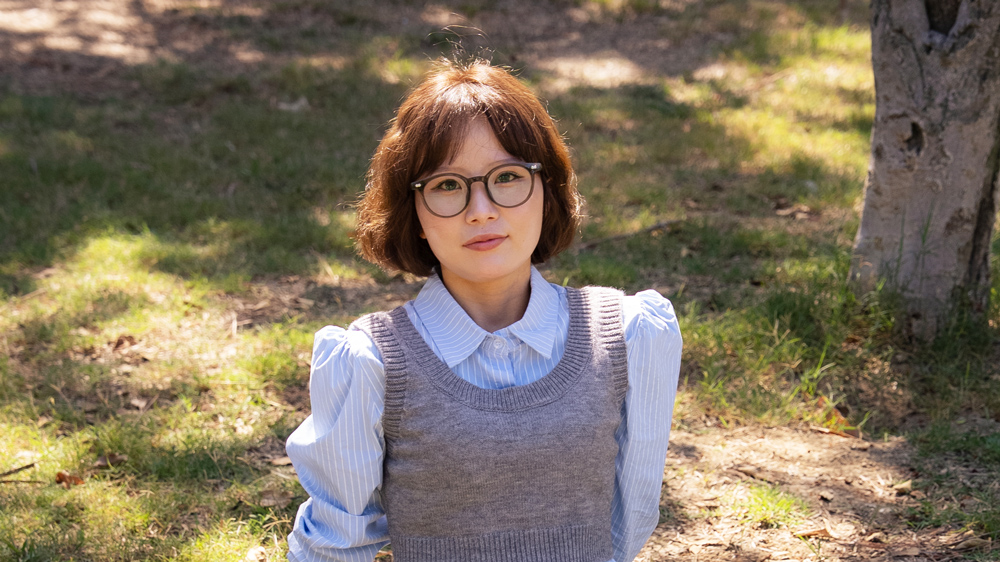
As a boatowner, I woke up early in the mornings to prepare supplies, get the crew together, and encourage them. I inspected the condition of the boat and hired people to help fix the engine and other faulty parts. Although I couldn’t go out to sea because I’m a woman, I was responsible for ensuring the ship operated smoothly.
But the harder I worked, the more government officials came to me—demanding baskets of clams and money. They justified their demands by saying: “The Party orders it,” threatening to punish anyone who refused. Every night I agonized over how to protect my people and keep my business going, and how I should respond. In those moments, I would remember the love and devotion my mother and aunt had poured into me and it gave me strength to persevere.
To escape my reality, at night I secretly watched South Korean TV shows on a television that was smuggled in from China.
My world turned upside down. With my friends who were also watching South Korean media, we would cautiously express our dissatisfaction together while also copying the hairstyles and outfits we saw in dramas. Sometimes, we would even try to mimic South Korean words or accents when talking or texting together.
But under Kim Jong Un, punishments became much more severe. Two people I knew were executed for watching and sharing foreign media. Our lives became harder, control over young people became more intense, and our resentment began to grow.
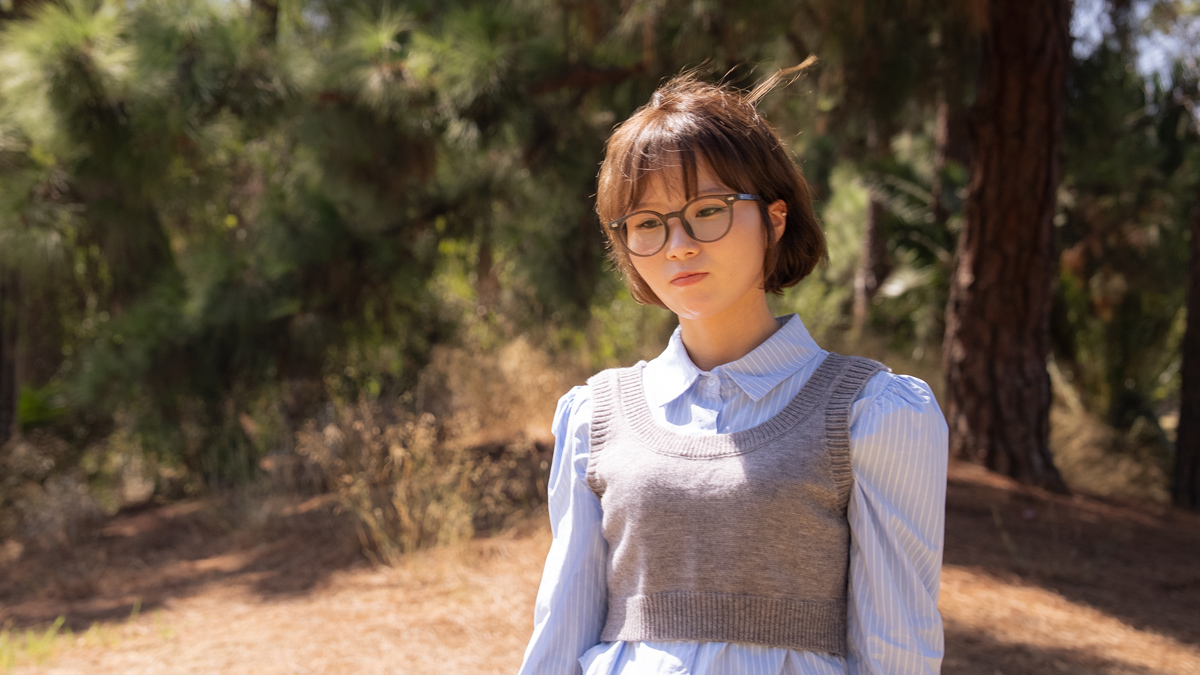
But no matter how much they tried to repress us, frustrated young people like me continued watching forbidden content as a way to forget reality. Foreign media has quietly found its way into North Korea for decades. As I grew up, it began spreading more than ever before, through USBs passed between friends or broadcasts picked up on illegal devices.
Many defectors, like me, can remember the exact episode of a TV show, a specific South Korean song, or even a traffic report, that planted the first seeds of doubt.
Of course, dramas and movies don’t tell the whole story, but they show a life that contradicts everything we were taught. And it makes you wonder: if life is so different out there, why does it have to be this way here?
I realized it doesn’t just show people that different lives exist. It gives them the belief that their life could be different. And that belief gives people the courage to choose a different future.
The thing about information is once you learn something, you cannot unlearn it. I remember watching people on my screen speak freely, laugh openly, and pursue their dreams—things that were unimaginable in North Korea. For the first time, I wondered if everything we were taught might be wrong. That doubt led to questions, and my curiosity became too strong to ignore. Now that I had seen the truth, I could never go back to the person I was before.
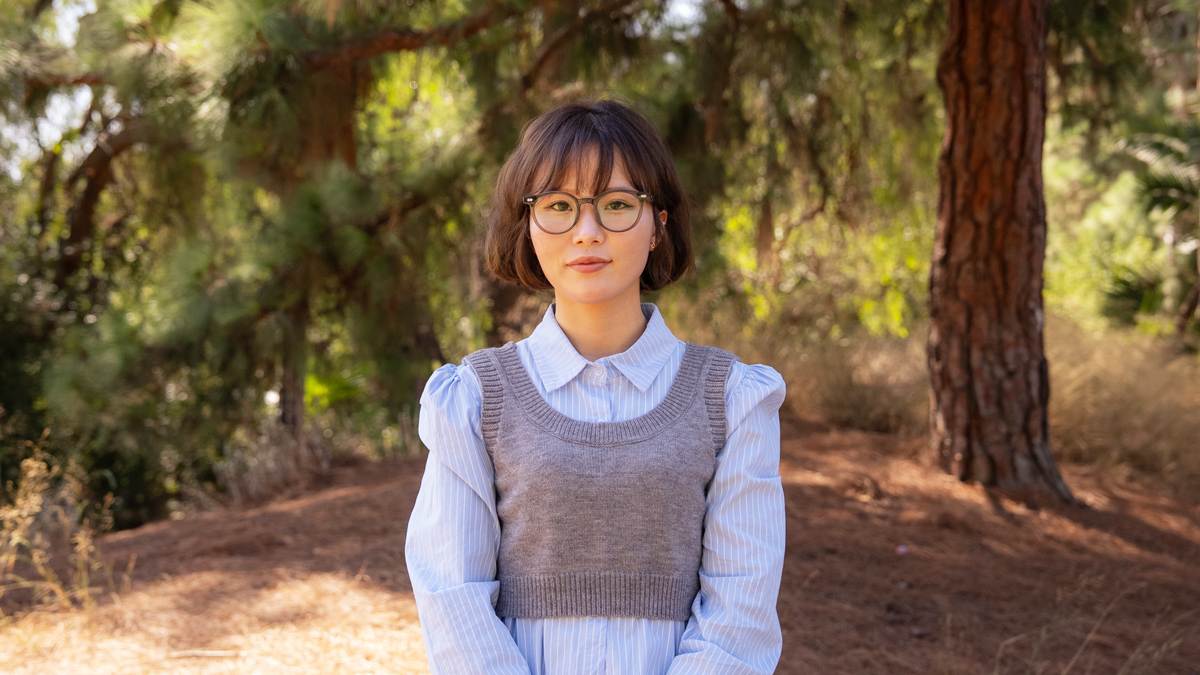
Escaping North Korea cannot be explained by the simple word “leaving.” This was especially true for me because I escaped together with my mom and my aunt. They had placed their trust in me when they gave me money for that boat. And now I was placing my trust in that boat to carry us across the sea to freedom.
I planned our escape in complete secrecy.
I bought a smuggled GPS device from China, carefully traced our route, observed the currents and tides, learned the patrol schedules of the guard boats, and figured out the blind spots of the coastal guard posts. I meticulously checked the condition of the boat and quietly prepared all the food and supplies we would need. I trained my body for the wind and the waves, and my mind for the terror of being caught.
Some nights I woke up in a panic. Other times my confidence crumbled and I thought, maybe I should give up and just accept the life I have. But in those moments, I imagined what waited at the end of the journey.
I wasn’t leaving just to stay alive. I was leaving so that I could live like a human being.
On the night we left, we climbed into my boat and pushed off into the dark water. I gripped the rudder and let the current carry us south, carefully navigating around the guard posts and patrol boats who were on the water looking for people like us.
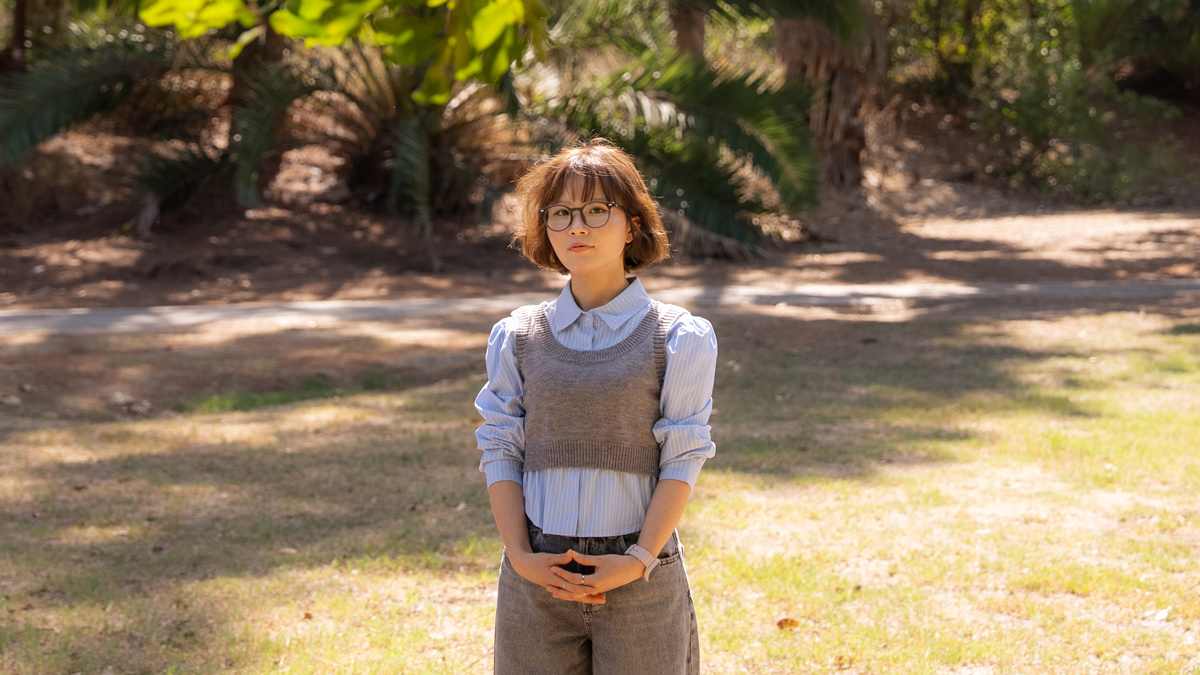
I knew what would happen if we were caught. Arrest. Endless investigations. Humiliation. Public trials. Political prison camp. And the possibility that I might lose the people I loved most in the world.
My mother and aunt were trembling with fear. I had to hide my own fear to tell them what I could only hope. We will survive. We spent the night being tossed back and forth on the East Sea. Black waves lifted our boat like a toy before smashing it down again. Every crash sent water over the sides and threatened to swallow us up.
Suddenly, a patrol ship appeared. Its lights stabbed the water, blinding us, and started coming closer and closer. It was coming for us. My chest pounded so hard I felt it might burst. I thought of the sleeping pills we had brought.
We had agreed that if capture became inevitable, we would rather take our own lives. It was a fate we preferred to execution or prison camps. As the coast guard closed in, I wondered, is it time for the pills?
But I refused to give in. We were so close. I steered away from the searchlights, surrendered the boat to the churning water, and pushed on forward.
Suddenly, the patrol vessel stopped and turned back around. They could no longer chase us. We had reached the maritime border. The sea calmed, as if it was welcoming us to freedom. And as the sun rose, we saw the outline of land.
A South Korean fisherman, hearing radio reports that North Korean patrols were in pursuit, realized we were the boat being chased. He steered his boat toward us and said, "Welcome. You are safe now."
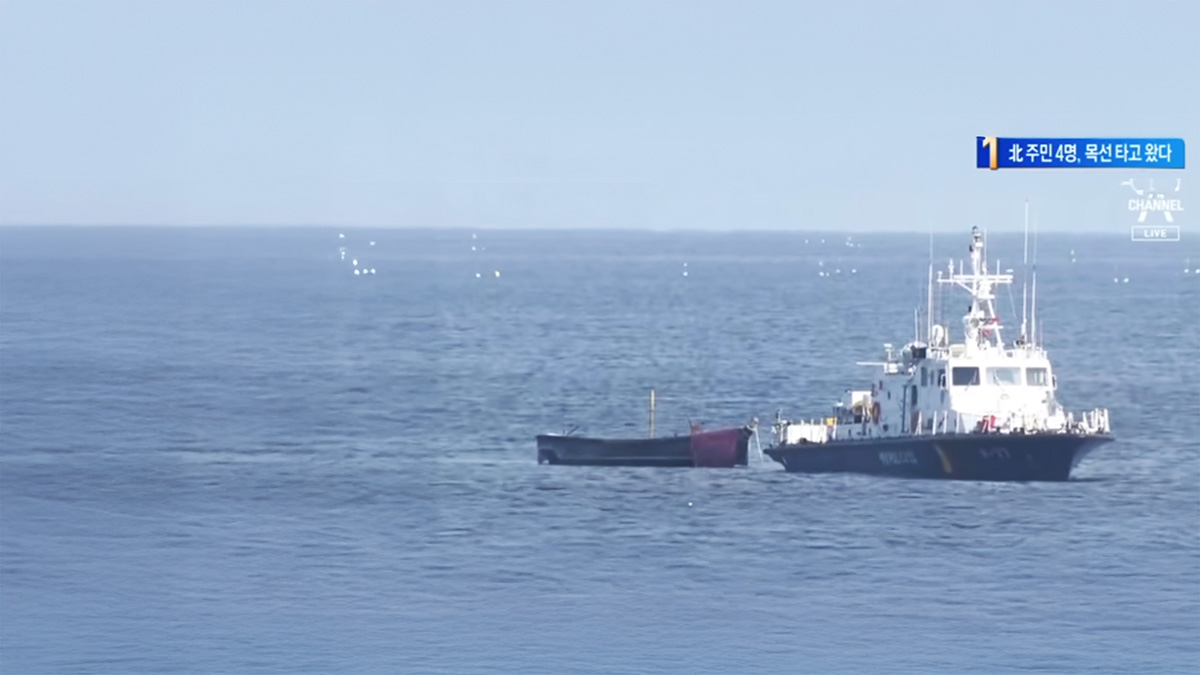
It’s been almost two years since we arrived in South Korea.
I still remember moving into our apartment and using a showerhead for the first time, experiencing hot water flowing straight from the tap. I couldn’t believe it. That day, my mother, my aunt and I took turns showering, laughing, and saying to each other, “So this is what a human life feels like.”
For the first time in my life, I could choose my studies, my job, my clothes, my hobbies—even the way I spoke—for myself. It felt like an entirely new world. We were being reborn, leaving behind a past of silence and control for a life with dignity and a future we could choose ourselves.
My mother began studying for a professional certification. And my aunt enrolled in social welfare classes to help others. I studied hard and was recently accepted into Ewha University. I have also been active in North Korean human rights activism and I even started a YouTube channel to show the world what it looks like to start a new life in South Korea.
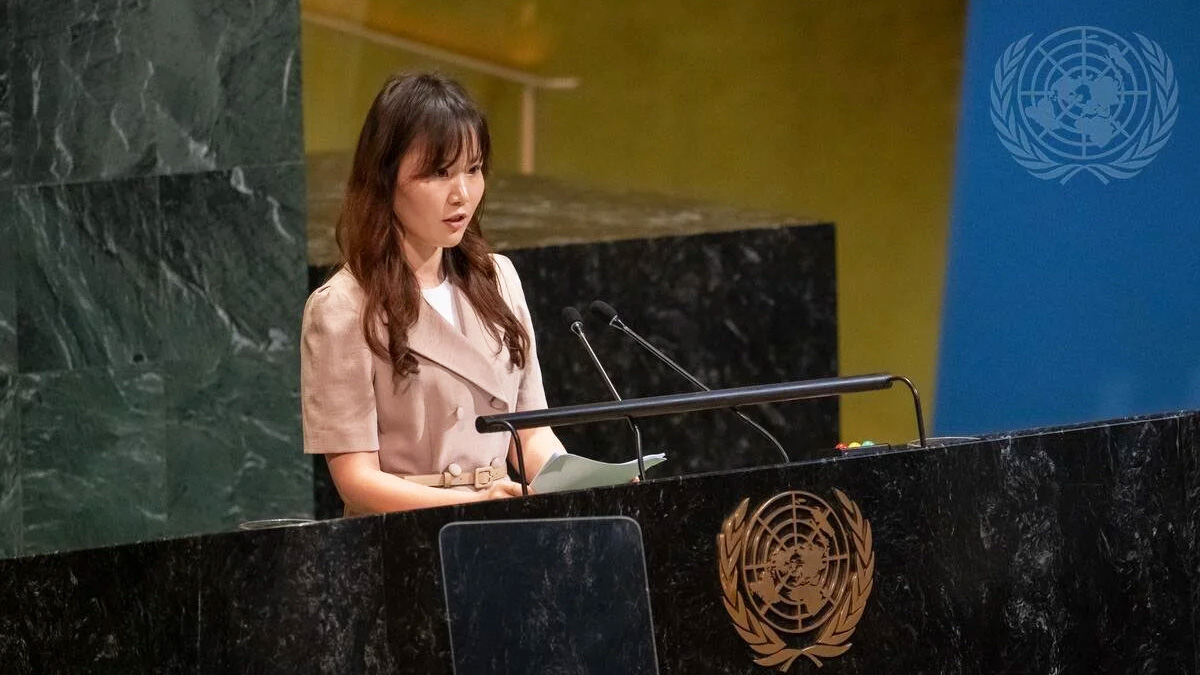
Hope is dangerous for the North Korean government. Millions of people live with anger and sadness, but even more live in resignation. Most do not realize their rights are being violated—they don’t know what “rights” are. I once believed it was normal for the state to control every part of our lives. I thought every country lived this way.
But the moment you realize life could be different, hope begins to take root. And once hope exists, change is no longer unimaginable.
My dream is that someday North Korea will be a place where young people choose their own paths, where no one is punished for their words, and where every person lives as the true owner of their life. While so much of North Korea’s reality is dark, change is already happening. And what sparks that change is information. A single truth from the outside world, a glimpse of what life could be, can plant a seed of doubt, or ignite a spark of hope.
That’s why I speak out. If I don’t tell my story, who will tell it for me? If I stay silent, will the death of my friends, and the suffering and starvation my family endured be forgotten?
Right now, in North Korea, there is someone just like me—sitting in a dark room, secretly watching a South Korean broadcast, quietly wondering: Could I also live like that?
I want my story to prove that this hope can become a reality. I want to stand in the middle of that change. Not just as someone who escaped to enjoy freedom, but as someone determined to one day share that freedom with all North Korean people.
Freedom is not given, but it is something we can achieve. With your support, we can write a future where all North Korean people are free.
Foreign media gave Gyuri a glimpse of the outside world—and the courage to seek freedom.
Increasing North Korean people’s access to outside information is one of the most effective levers for change in the country. And that is exactly what we’re doing at Liberty in North Korea
In partnership with North Korean defectors and engineers, LiNK develops tailor-made technology, tools, and content that help people inside the country access more information more safely. These glimpses into the wider world build people’s resilience to the regime’s propaganda, and emboldens them to imagine a different future for themselves and their country.
Help fuel work that’s directly supporting North Koreans driving change on the inside.




